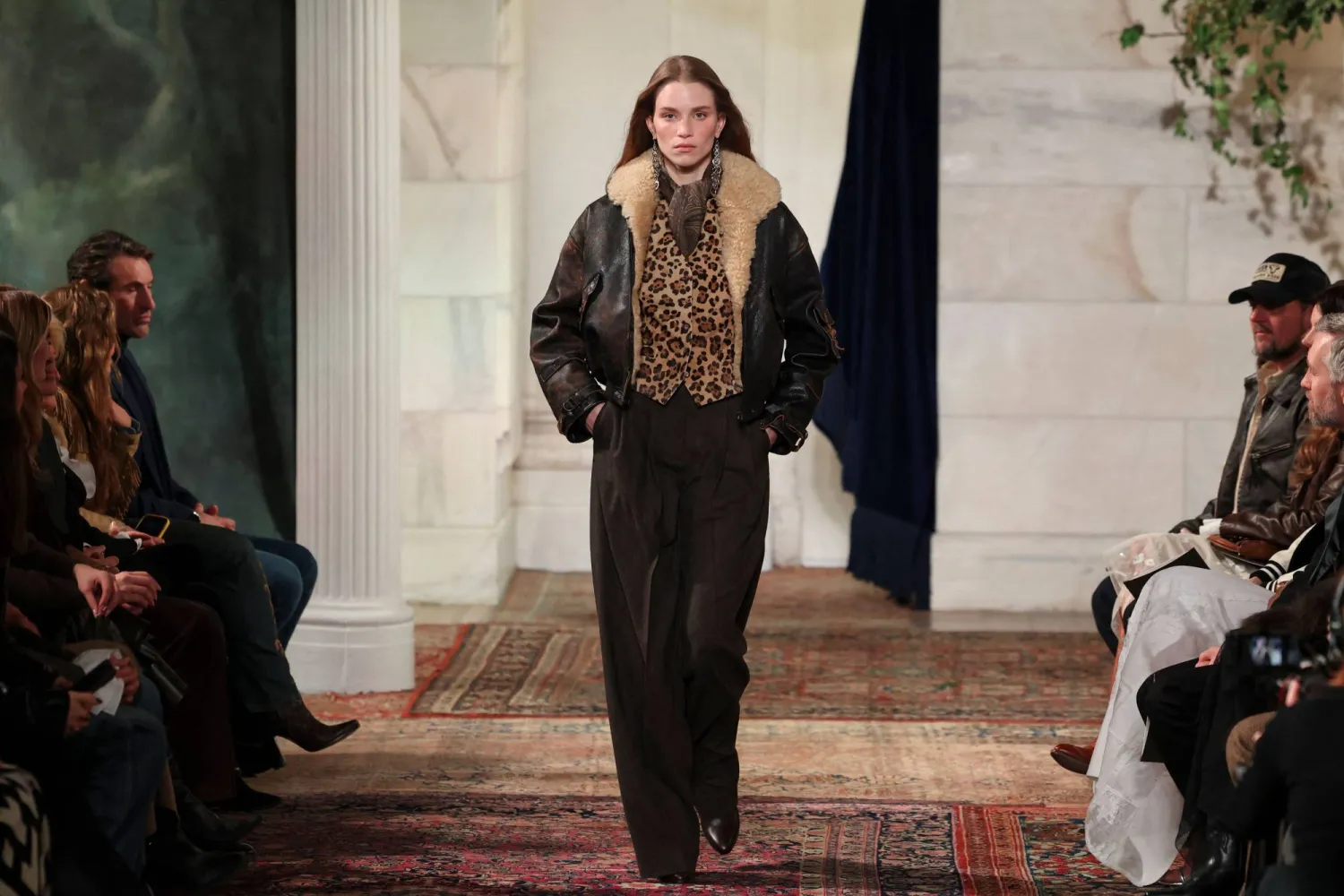Zara owner Inditex (ITX.MC) said on Wednesday sales of its spring-summer collection gathered pace to jump 16% in May, as the retailer mitigates higher wage costs and keeps customers onside during a cost of living crisis.
The world's biggest fast fashion company reported a better-than-expected 54% rise in net profit of 1.2 billion euros ($1.24 billion) for the first quarter that ended in April, exceeding analysts' average expectations of 980 million euros in a Refinitiv poll.
In-store and online sales rose 13% to 7.6 billion euros in the first quarter, in line with the 13.5% seen in the first six weeks of the financial year.
The results show Inditex, whose market capitalization exceeded 100 billion euros ($107 billion) for the first time last week, has managed to stay competitive while raising prices, mitigating cost pressures, including a 20% rise in average wages for shop workers in its home market of Spain.
The company said it plans to invest 1.6 billion euros to increase gross store space in 2023 by about 3%.
"We expect increased sales productivity in our stores going forward," the company said in a statement, Reuters reported.
Inditex, which also owns Pull&Bear and Massimo Dutti, outperformed other retailers in 2022 with main rival H&M (HMb.ST) struggling to compete for shoppers impacted by a cost of living crisis. H&M will next update the market on March-May sales on June 15.
"We recall from the global financial crisis that when consumers feel under pressure, as they do at present, it is 'newness' in fashion that sells best, as people prioritise spending on 'must have' items that will make the greatest difference to their wardrobes," said Anne Critchlow, an analyst at Societe Generale.
Inditex shares were up 5.85% at 0947 GMT at their highest since August 2017.
Part of Inditex's strategy is to maintain higher prices outside the Eurozone. In countries such as the United States, Mexico or Saudi Arabia some clothes are up to 91% more expensive than in its home market.
Lower demand in the US caused by a tougher macro environment was offset by less weather-affected sales in southern Europe.
Inditex's income in the first quarter was impacted by the closure of its over 500 profitable stores in Russia in March 2022 following Moscow's invasion of Ukraine and subsequent Western sanctions. It agreed to sell the unit to UAE-based Daher Group in October.









